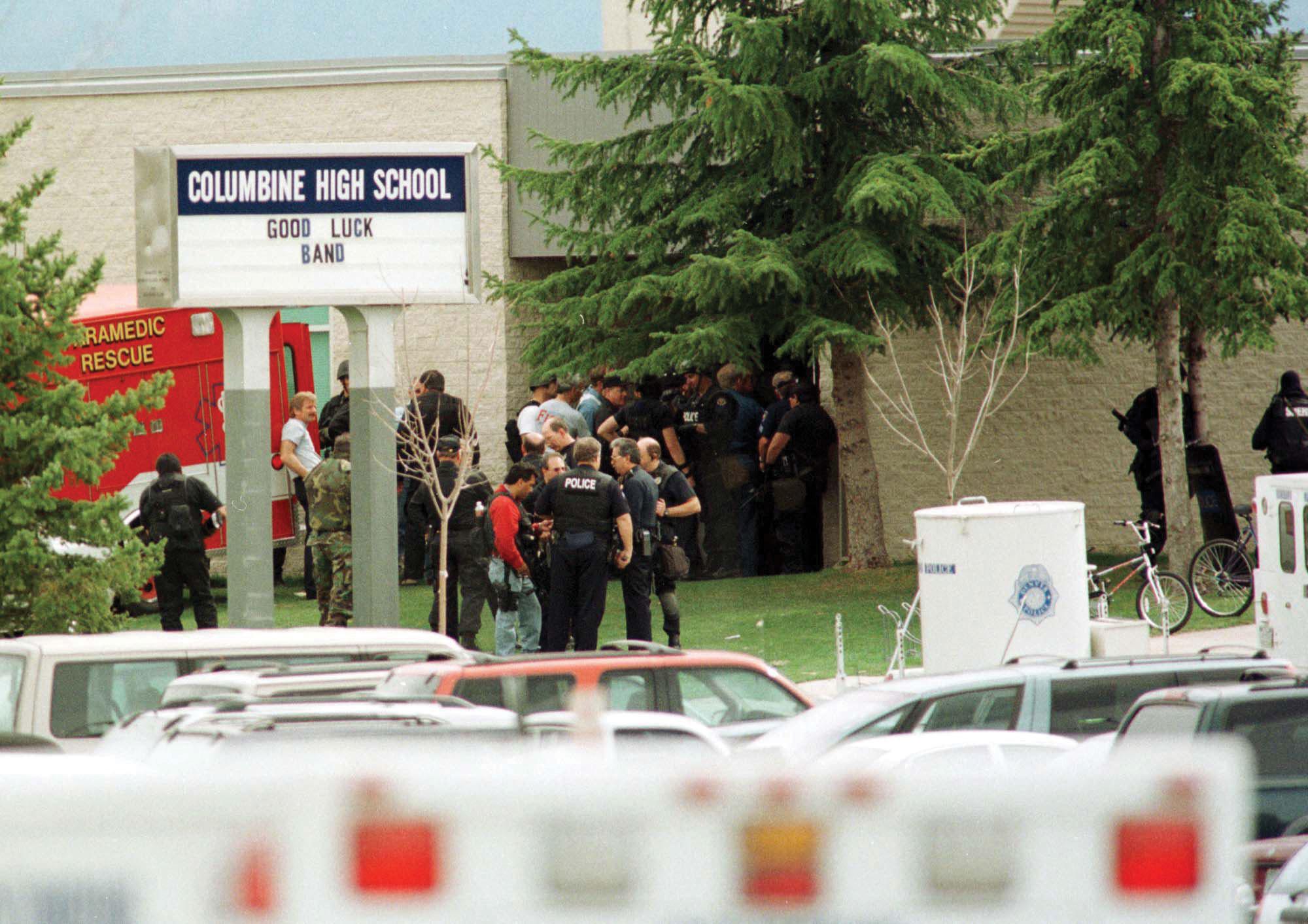
- •2.1 Mass Media and Its Messages Learning Objectives
- •Propaganda and Persuasion
- •Media Effects and Behavior
- •Violence and the Media
- •Sex and the Media
- •Cultural Messages and the Media
- •New Media and Society
- •Information
- •Literacy
- •Convergence Culture
- •Bert Is Evil
- •Key Takeaways
- •Exercises
- •2.2 Media Effects Theories Learning Objectives
- •Challenges to the Direct Effects Theory
- •Marshall McLuhan’s Influence on Media Studies
- •Agenda-Setting Theory
- •Uses and Gratifications Theory
- •Symbolic Interactionism
- •Spiral of Silence
- •Media Logic
- •Cultivation Analysis
- •Key Takeaways
- •Exercises
- •2.3 Methods of Researching Media Effects Learning Objectives
- •Content Analysis
- •Archival Research
- •Surveys
- •Social Role Analysis
- •Depth Interviews
- •Rhetorical Analysis
- •Focus Groups
- •Experiments
- •Participant Observation
- •Key Takeaways
- •Exercises
- •2.4 Media Studies Controversies Learning Objectives
- •Problems with Methodology and Theory
- •Active versus Passive Audience
- •Arguments against Agenda-Setting Theory
- •Arguments against Uses and Gratifications Theory
- •Arguments against Spiral of Silence Theory
- •Arguments against Cultivation Analysis Theory
- •Politics and Media Studies
- •Media Bias
- •Media Decency
- •Jack Thompson versus Violent Video Games
- •Media Consolidation
- •Key Takeaways
- •Exercises
- •End-of-Chapter Assessments
- •Critical Thinking Questions
- •Career Connection
Media Effects and Behavior
Although the mass media send messages created specifically for public consumption, they also convey messages that are not properly defined as propaganda or persuasion. Some argue that these messages influence behavior, especially the behavior of young people. [10] Violent, sexual, and compulsive behaviors have been linked to media consumption and thus raise important questions about the effects of media on culture.
Violence and the Media
On April 20, 1999, students Eric Harris and Dylan Klebold entered their Denver-area high school, Columbine High School, armed with semiautomatic weapons and explosives. Over the next few hours, the pair killed 12 classmates and one faculty member before committing suicide. [11] The tragedy and its aftermath captured national attention, and in the weeks following the Columbine High School shootings, politicians and pundits worked to assign blame. Their targets ranged from the makers of the first-person shooter video game Doom to the Hollywood studios responsible for The Matrix. [12]
However, in the years since the massacre, research has revealed that the perpetrators were actually attempting a terrorist bombing rather than a first-person shooter style rampage. [13] But did violent video games so desensitize the two teenagers to violence that they could contemplate such a plan? Did movies that glorify violent solutions create a culture that would encourage people to consider such methods? Because modern culture is so immersed in media, the issue becomes a particularly complex one, and it can be difficult to understand the types of effects that violent media produce.
A number of studies have verified certain connections between violent video games and violent behavior in young people. For example, studies have found that some young people who play violent video games reported angry thoughts and aggressive feelings immediately after playing. Other studies, such as one conducted by Dr. Chris A. Anderson and colleagues, point to correlations between the amount of time spent playing violent video games and increased incidence of aggression. [14] However, these studies do not prove that video games cause violence. Video game defenders argue that violent people can be drawn to violent games, and they point to lower overall incidence of youth violence in recent years compared to past decades. [15] Other researchers admit that individuals prone to violent acts are indeed drawn to violent media; however, they claim that by keeping these individuals in a movie theater or at home, violent media have actually contributed to a reduction in violent social acts. [16]
Figure 2.3

The 1999 Columbine High School shooting led to greater debate and criticism over violent video games.
Source: Used with permission from Getty Images.
Whether violent media actually cause violence remains unknown, but unquestionably these forms of media send an emotional message to which individuals respond. Media messages are not limited to overt statements; they can also use emotions, such as fear, love, happiness, and depression. These emotional reactions partially account for the intense power of media in our culture.
